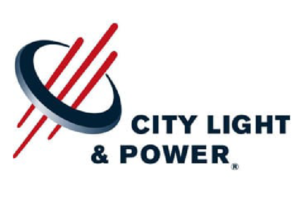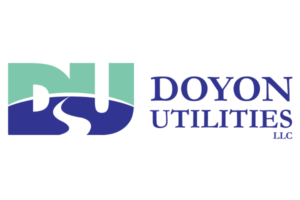Utility Privatization Partners (UPP) is a new organization uniting the companies and organizations that own utilities through the Department of Defense’s (DOD) groundbreaking utilities privatization (UP) program, which has privatized more than 600 utility systems on military bases over the past 20 years. UPP’s goal is to advance the outcomes and benefits of UP through education, information and engagement. From large water, gas and electric utilities providers to small, local electric cooperatives, UPP brings together a diverse group of partners to advocate for enhancing and expanding this successful partnership with a focus on reliability and resilience.
The Voice of Utilities Privatization System Owners

About UPP
Key Issues
Understanding “Cost Growth”
As the Government Accountability Office (GAO) noted in its recent report, DOD, as a steward of government dollars, needs to ensure that utility privatization (UP) contracts provide value for the government and manage “cost growth .” The term “cost growth” can be misleading because it creates a narrative that does not focus on the government’s obligations under the UP contract in return for the level of performance that is required of the system owner. Fluctuations in costs are a known element in the contract; they do not reflect poor management or performance. So too, when a contract is modified because the government’s needs or requirements change, the costs of meeting these altered requirements will change the contracted payments. In fact, a UP contract usually expands through such a modification because the UP system owner has succeeded in delivering value to the military. In short, cost growth is a natural and, indeed, inevitable outcome as a system’s capabilities and provision of service increases.
Build on a System of Existing Performance Metrics
Through UP, an experienced company owns a system and ensures that it is built, operated and maintained to support the military mission. UP system owners recognize that a utility system must be operated consistently and meet both contractual requirements and utility industry standards. To achieve these objectives, the owners monitor their UP systems using accepted utility industry standards and metrics . Over time, as the military works to establish appropriate metrics to monitor the UP utility system, the government and the system owner should work together to develop metrics that are specific to the system and provide essential information on system performance while ensuring that this performance is delivered cost effectively. In addition, any metrics established should be consistent to all UP locations.
Advancing Installation Utility Resilience
A reliable system is a long-lasting one that performs as expected over time. A resilient system is flexible enough to be modified to meet changing conditions or use. But to be fully resilient, a system must be reliable and, in many cases, a system must be resilient to be reliable. The two attributes are not synonymous—a system may operate reliably for a long time without modifications—but, to operate effectively, a system must often be both reliable and resilient. In short, these two attributes are closely linked and often interdependent. If the military mission requires additional resilience requirements that exceed current utility industry standards, the UP utility contract can be modified to ensure that the necessary utility resilience improvements are made. The UP system owner and the military can work together to ensure that the necessary level of resilience is achieved cost effectively and provides efficiencies consistent with a total single utility system approach at UP locations.
Collaborating to Improve Cyber Security
As utility system operators that own and manage systems on and off base, UPP members understand the threat cyber security represents and the challenges involved in protecting systems. The government needs to define and set forth which cyber security requirements are applicable to the UP utility contract. However, UP system owners should be included in discussions about the establishment and implementation of specific military cyber security requirements, in part because they may be useful in informing future utility industry standards and approaches. Such discussions will help UP system owners to meet the military’s mandated cyber security requirements cost effectively both now and in the future.










